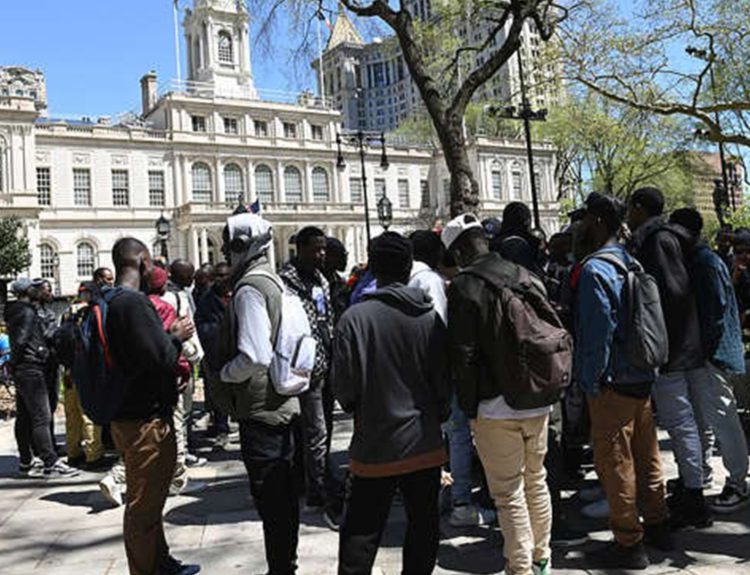The minimum wage in California is the highest in the country, and it has recently gone through some massive changes. After introducing a new $20/hour minimum wage law, businesses have closed en masse. The government has spoken about raising it to $50/hour. Let’s see why this celeb chef, Andrew Gruel, disagrees.
A Devastating Blow to Businesses
In an interview on Fox Business, Gruel didn’t mince words, stating that a $50 minimum wage “would completely decimate every single business in the state of California.”
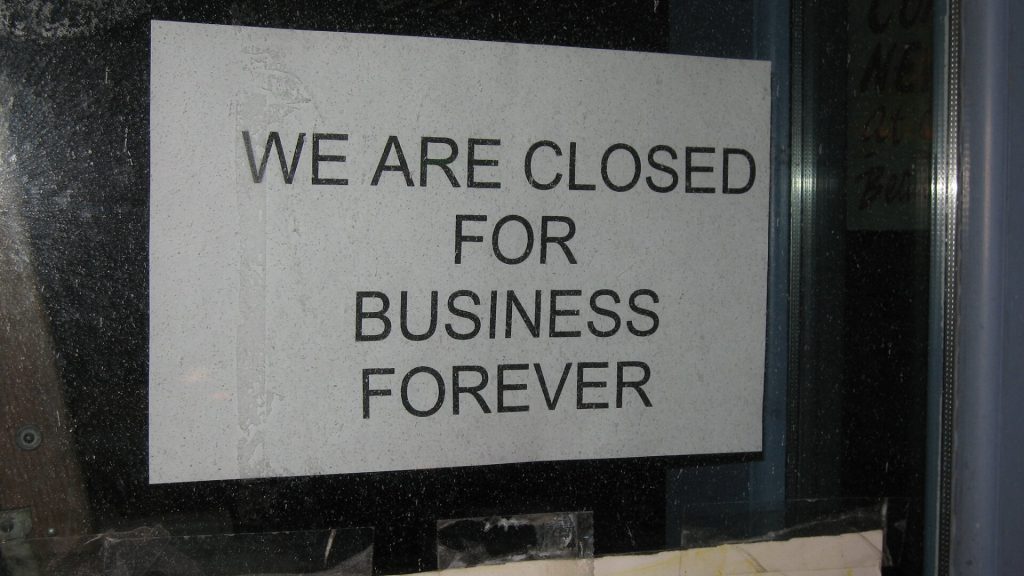
He speculated that only a small fraction of high-end retail businesses might be able to withstand such a drastic increase in labor costs. The recent rise in minimum wage to $20/hour resulted in many businesses closing.
The State’s Financial Constraints
Gruel further challenged California to immediately raise the wages of state employees to $50 an hour, asserting that the state “can’t afford it.”

His argument highlighted the financial impracticality of such a wage increase, even for a state government. California has long been anti-business in its legislation, and this is the latest episode in a long drama.
An Alternative Approach: Reducing Payroll Taxes
While acknowledging the need to enhance workers’ earnings, Gruel suggested an alternative approach: reducing payroll taxes to increase net take-home pay. California is unlikely to consider this alternative.
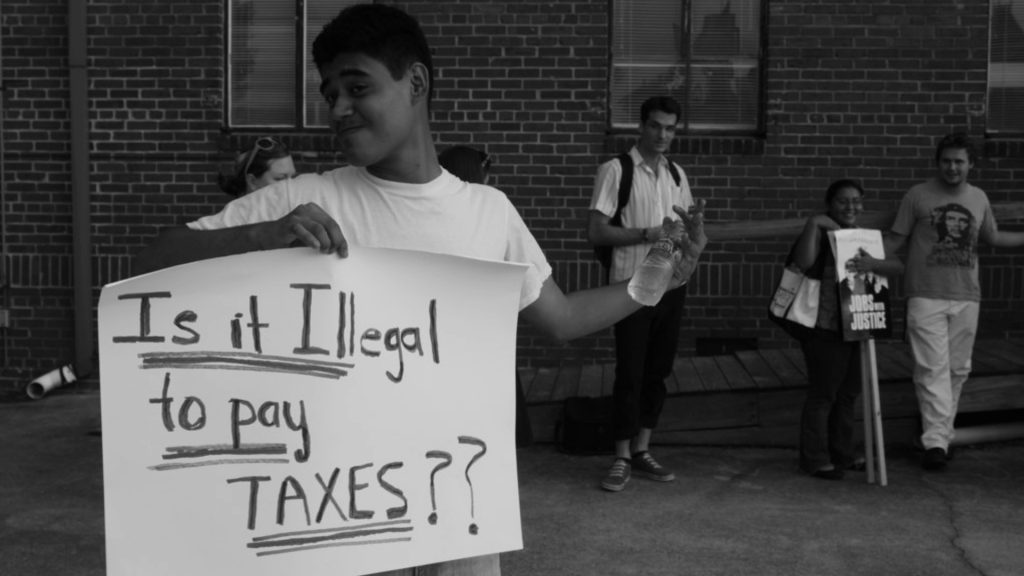
He was skeptical that this strategy would be pursued, citing the same financial constraints preventing a direct wage increase. California needs earnings from these payroll taxes to meet its debt obligations.
The Threat of Widespread Closures
Gruel delved into the potential financial upheaval for restaurants, illustrating a scenario where higher labor costs could plunge establishments into financial distress.
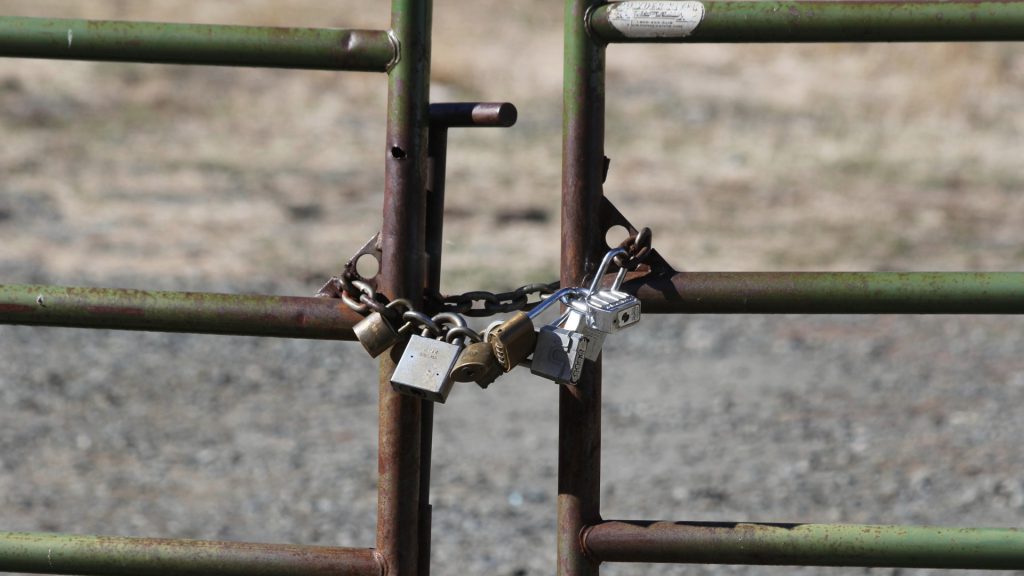
“Every single restaurant will close overnight,” he warned, explaining that doubling labor costs from 30% to 60% would put most restaurants in a net negative position, making their operations unsustainable.
California’s Already High Minimum Wage
It’s important to note that California already boasts one of the highest minimum wages in the country at $16 an hour. This is in keeping with the exorbitant cost of living in the state.
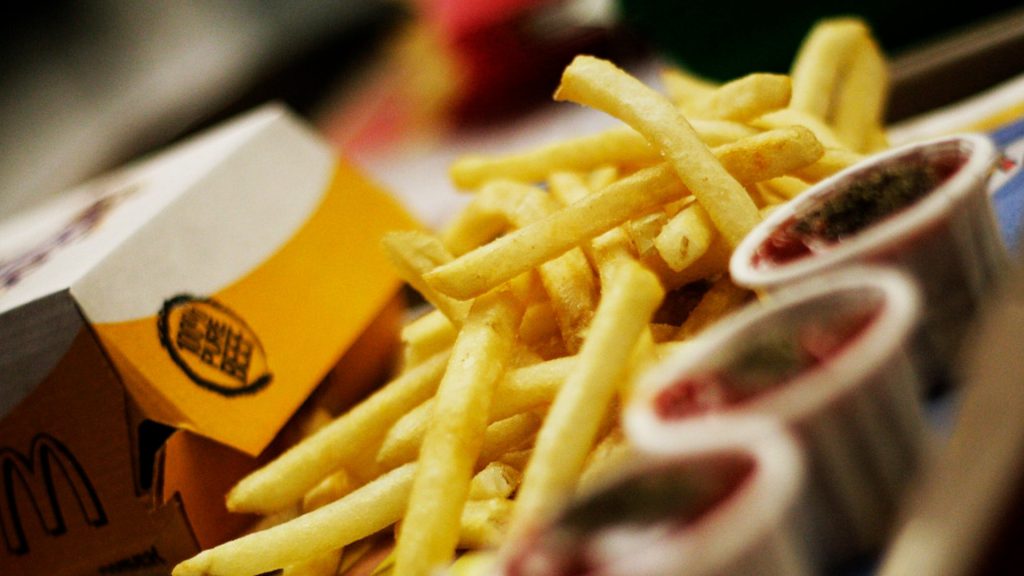
Moreover, starting April 1, fast-food restaurant workers in the Golden State had their minimum wage increased to $20 an hour, further exacerbating the pressure on businesses and leading to many closures.
The Inevitability of Price Hikes
Gruel is not alone in his concerns. Andrew Wiederhorn, chairman and founder of restaurant operator FAT Brands, recently cautioned that consumers should brace for higher costs while dining out when there are minimum wage increases, as restaurants lack the margins to absorb the additional labor costs.
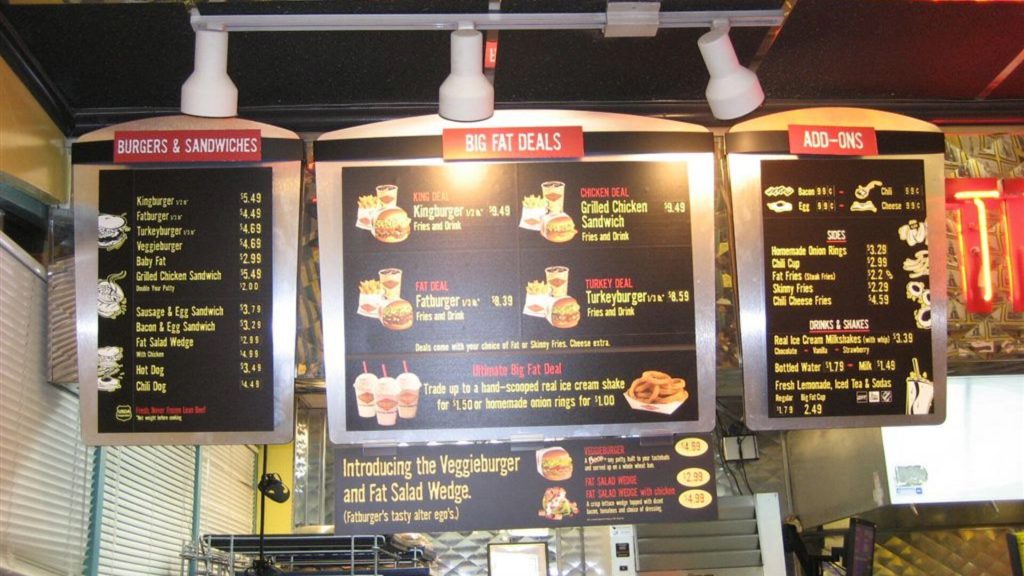
Some businesses survived the wage hike by increasing their costs, but others opted to cut workers’ hours, effectively nullifying any relief such a wage hike would have offered.
The Cost of Living Crisis in California
At the heart of Lee’s advocacy for a $50 minimum wage lies California’s escalating cost of living. During a senate debate, she claimed that a family of four living in the San Francisco Bay Area would need $127,000 a year “to get by,” citing a United Way report.
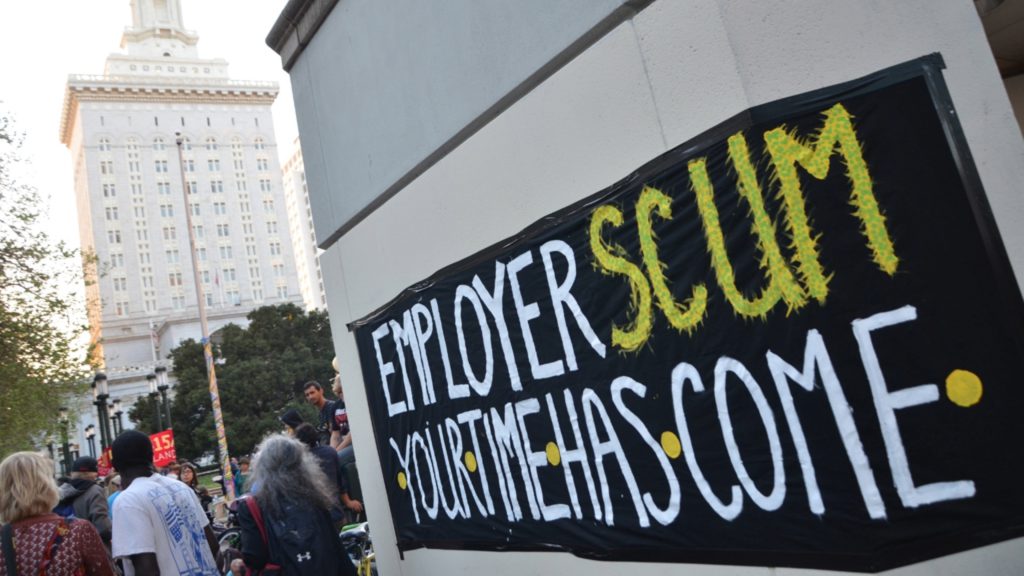
Yet, the problem goes deeper than just paying people more money. More money doesn’t necessarily mean a better quality of life, especially if the state continues to tax the increased earnings.
“The Worst Run State”
Gruel’s critique extended beyond the minimum wage proposal. He condemned California’s administrative efficiency and bluntly labeled it “the worst-run state.”
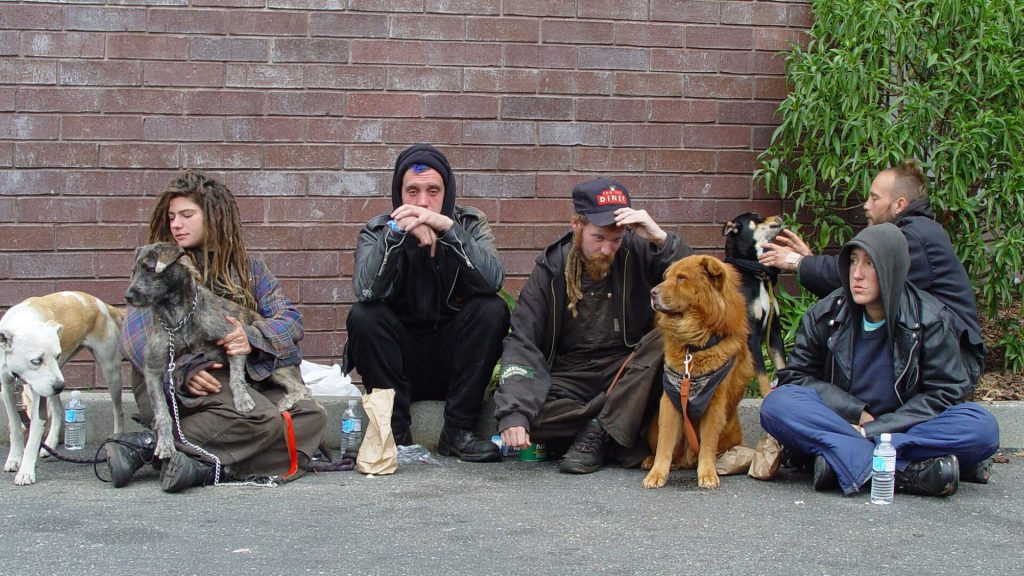
The Golden State faces numerous challenges, from housing affordability to infrastructure issues, contributing to its high cost of living.
The Income Perspective
To put Lee’s proposed $50 minimum wage into perspective, an individual working 40 hours a week at that rate would earn an annual income of $104,000. According to the Census Bureau, this figure significantly exceeds the median household income in America, which stood at $74,580 in 2022.

While large corporations and chains may be better equipped to absorb the financial strain of a $50 minimum wage, small businesses, and independent restaurants would likely bear the brunt of such a drastic increase. Many small business owners fear being forced to lay off employees, reduce hours, or even shut down entirely, potentially devastating local economies and communities.
The Ripple Effect on Consumer Prices
If businesses implement price hikes to offset the increased labor costs, consumers would inevitably feel the impact. The legislation was initially designed to help the most vulnerable instead of impact them the most.

Higher prices for goods and services could further exacerbate the cost of living crisis, potentially negating the intended benefits of a higher minimum wage for low-income households.
The Need for Balanced Solutions
While addressing income inequality and ensuring a livable wage for workers are critical goals, critics argue that a $50 minimum wage represents an extreme measure that could have unintended consequences for the economy and employment levels.

Balanced solutions that consider the needs of both workers and businesses are necessary to ensure sustainable economic growth and prosperity.
The Role of Automation and Technology
Some experts suggest that a drastic increase in labor costs could accelerate the adoption of automation and technology in industries such as food service and retail, potentially leading to job losses and further exacerbating income inequality in the long run.
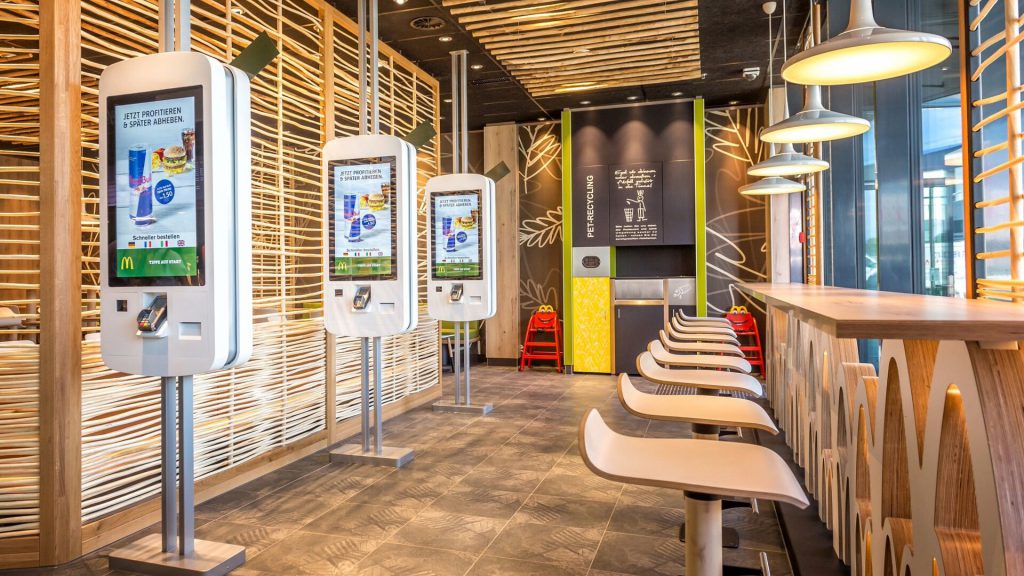
Many fast-food chain stores have opted for automated kiosks instead of hiring human workers. This has increased California’s unemployment numbers and demonstrates why this legislation won’t work.
The Importance of Stakeholder Collaboration
Addressing complex issues like minimum wage and cost of living requires collaboration among policymakers, business leaders, labor advocates, and economic experts.

By working together and considering various perspectives, viable solutions can be developed that strike a balance between supporting workers and ensuring the economic viability of businesses.
Ongoing Debates and the Path Forward
As the debate over minimum wage and cost of living rages on, it is clear that California and the nation as a whole face significant challenges in addressing these intertwined issues.

While proposals like Lee’s $50 minimum wage may garner attention, sustainable progress will likely require a measured approach that considers the nuances and complexities of the economic landscape.






